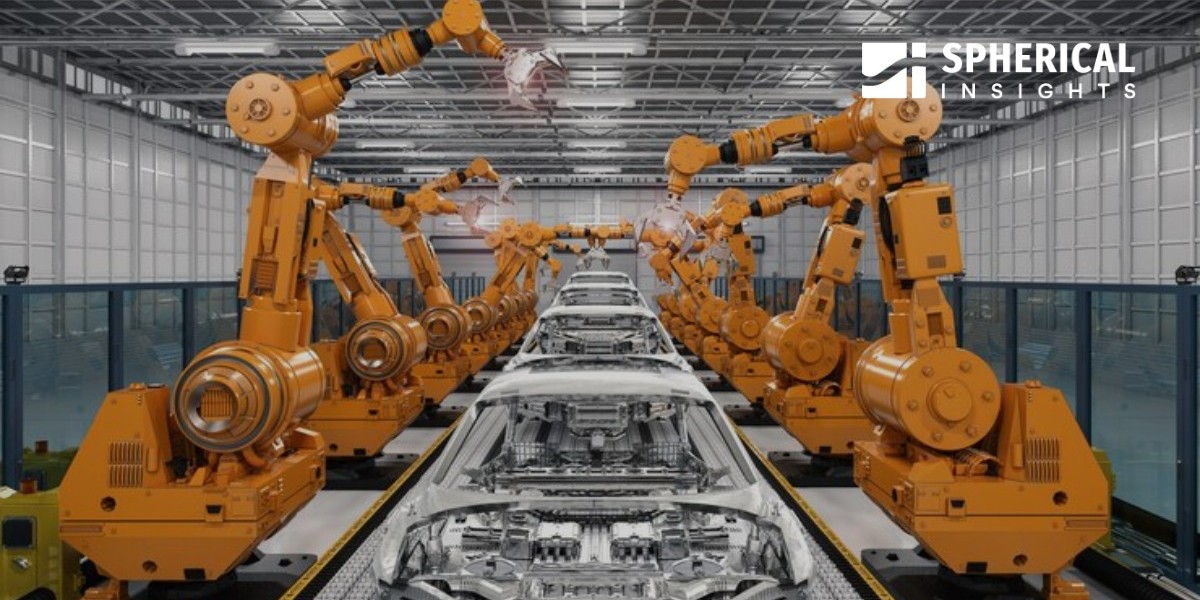In today’s rapidly evolving automotive industry, maintaining quality standards while ensuring cost-efficiency is paramount. With increasing consumer demands for safety, performance, and innovation, automotive manufacturers are leveraging Artificial Intelligence (AI) to revolutionize quality control processes. Here’s how AI is driving a new era of precision and reliability in the automotive sector.
- Real-Time Defect Detection
AI-powered vision systems equipped with machine learning algorithms can detect defects on assembly lines in real time. These systems analyze images captured by high-resolution cameras to identify surface defects, improper assembly, or material inconsistencies with unparalleled accuracy. Unlike traditional methods, AI systems can adapt and learn from new types of defects, minimizing downtime and improving overall product quality.
- Predictive Maintenance
Machine learning models process vast amounts of sensor data to predict equipment failures before they occur. This proactive approach reduces unplanned downtime and ensures that manufacturing tools remain in optimal condition. Predictive maintenance enhances operational efficiency and significantly lowers costs associated with machine repairs or replacements.
- Enhanced Supply Chain Quality
AI enables manufacturers to track and analyze every component from suppliers to the final assembly. By integrating AI into supply chain management, companies can identify potential quality issues early in the process and ensure compliance with stringent industry standards. This improves transparency and fosters better relationships with suppliers.
- Automated Inspection Systems
Automated inspection systems powered by AI eliminate the limitations of manual inspections. These systems can work 24/7, ensuring consistent and objective quality assessments. Technologies like deep learning allow inspection systems to analyze even the most intricate details, such as weld quality or paint consistency, contributing to a superior final product.
- Reducing Human Error
Human error in quality control processes can lead to costly recalls and reputational damage. AI reduces reliance on manual checks, standardizing quality assurance protocols and minimizing errors. This ensures that only products meeting the highest quality standards reach the market.
- Data-Driven Insights
AI-driven analytics provide manufacturers with actionable insights into production trends, defect patterns, and process inefficiencies. By leveraging this data, companies can implement targeted improvements and maintain a competitive edge in the market.
Real-World Applications
Leading automotive manufacturers like Tesla, BMW, and Toyota are already integrating AI into their quality control systems. For instance:
- Tesla employs AI to monitor and optimize its battery manufacturing process, ensuring consistency and safety.
- BMW uses AI-driven systems to inspect its assembly lines for defects in real time, achieving higher precision and reducing production waste.
- Toyota integrates predictive maintenance AI models to keep its equipment running efficiently, improving overall productivity.
Challenges and Future Prospects
While the benefits of AI in quality control are undeniable, challenges such as high initial costs, data privacy concerns, and the need for skilled personnel to manage AI systems persist. However, as AI technology continues to evolve and become more accessible, its adoption in automotive manufacturing is expected to grow exponentially.
In the coming years, advancements in AI are likely to enable even greater automation, predictive capabilities, and efficiency in quality control processes. This will not only enhance the reliability of vehicles but also help manufacturers meet the demands of a dynamic and competitive market.
Conclusion
AI is reshaping quality control in the automotive manufacturing industry, ensuring products are safer, more reliable, and of higher quality. By addressing existing challenges and continuing to innovate, automotive manufacturers can unlock the full potential of AI, setting new benchmarks for excellence in the industry.
For more interesting updates and global industry trends about AI in manufacturing, reach out to us, now!



